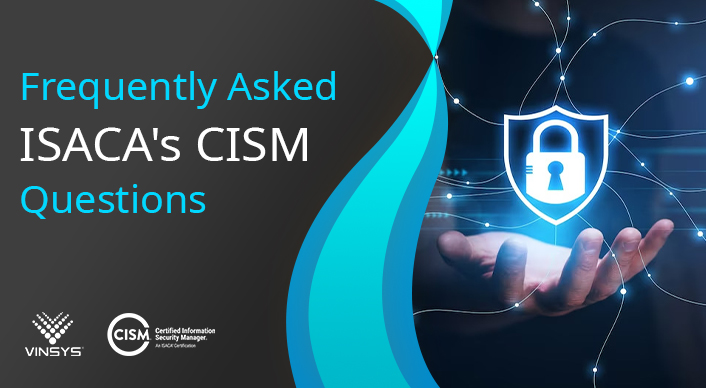Tracking and monitoring various processes, assets, and activities have become crucial in today’s fast-paced and data-driven environment. One of the innovative technologies contributing to improved tracking capabilities is TCCs, or Tracking Control Centers. TCCs play a pivotal role in enhancing the accuracy, efficiency, and reliability of tracking systems across different industries and applications. This article delves into the significance of TCCs in tracking and how they are revolutionizing the way organizations manage and monitor their operations.
1. What are TCCs?
TCCs, or Tracking Control Centers, are centralized hubs equipped with advanced technology and software designed to monitor, control, and manage tracking systems in real-time. These centers integrate various tracking devices, sensors, and data sources to provide a comprehensive view of the tracked assets or activities, ensuring optimal performance and security.
2. Key Features and Capabilities of TCCs
a) Real-time Monitoring and Control:
TCCs enable real-time tracking and monitoring of assets, vehicles, personnel, and more, allowing organizations to make informed decisions quickly and respond promptly to any anomalies or incidents.
b) Data Integration and Analysis:
TCCs integrate data from multiple sources, such as GPS trackers, RFID tags, surveillance cameras, and IoT devices, to provide a unified and coherent view of the tracking environment. Advanced analytics tools and algorithms further analyze the data to identify patterns, trends, and insights.
c) Enhanced Security and Compliance:
TCCs enhance security measures by implementing access control, authentication, and encryption protocols to safeguard sensitive data and ensure compliance with regulatory requirements.
d) Scalability and Flexibility:
TCCs are designed to be scalable and adaptable to accommodate the evolving needs and requirements of organizations, making it easier to expand and upgrade the tracking system as needed.3. Applications and Industries Benefiting from TCCs
a) Transportation and Logistics:
TCCs are widely used in the transportation and logistics industry to track and manage fleets, optimize route planning, monitor cargo, and improve overall operational efficiency.
b) Supply Chain Management:
TCCs play a crucial role in supply chain management by providing real-time visibility into inventory levels, shipment status, and logistics operations, enabling organizations to streamline processes and reduce costs.
c) Public Safety and Emergency Response:
TCCs are utilized in public safety and emergency response applications to monitor and coordinate emergency services, track assets, and ensure effective communication and collaboration among response teams.
d) Healthcare and Medical Tracking:
In the healthcare industry, TCCs are used to track medical equipment, supplies, and patients, ensuring timely delivery of care, optimizing resource allocation, and enhancing patient safety and satisfaction.4. Future Trends and Innovations
As technology continues to evolve, TCCs are expected to become more advanced and sophisticated, incorporating emerging technologies such as artificial intelligence (AI), machine learning (ML), and blockchain to further enhance tracking capabilities, automation, and data security.















